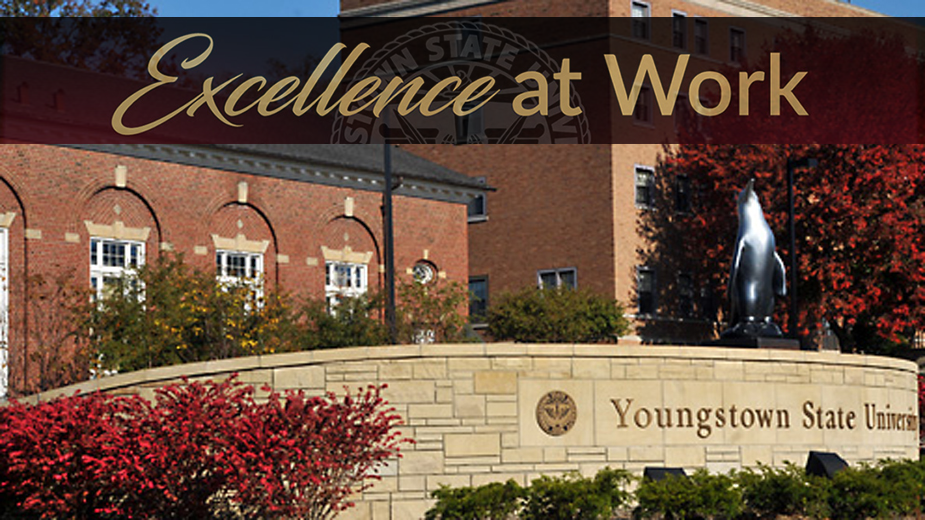By Brien N. Smith, Provost and Vice President for Academic Affairs, and
and Neal P. McNally, Vice President for Finance and Business Operations
YOUNGSTOWN, Ohio – In the latest edition of the YSU Excellence at Work newsletter, we are again reminded of the many significant achievements and contributions of our distinguished faculty. There is so much to be proud of.
As 2021 concluded, there was much discussion on campus and in the community regarding Youngstown State University’s decision to discontinue 26 academic programs and lay off six members of the faculty for the 2022-23 fiscal year. Decisions of this nature are never easy, especially when individuals are personally affected. But the sunsetting of programs should not overshadow the fact that YSU will continue to offer more than 125 academic program majors.
The university exists in a state of constant assessment of its spending and staffing levels in every area of campus. In fact, YSU is currently in the midst of a comprehensive review of academic support areas, including a comparative analysis of all administrative units and intercollegiate athletics.
The university’s actions do not merely represent “cuts” but, more importantly, are a means to enable investment in academic programming. When an organization’s revenues are declining or even plateauing, adjustments in spending are necessary if we are to invest in other strategic priorities. If the university is to continue to invest in high-demand academic programming and deal with inflationary cost pressure on just about everything else, including rising health care costs and energy prices, then we must disinvest in some areas so that resources can be strategically reallocated. To not do so would be fiscally irresponsible and, frankly, reckless.
Despite the perception that the university is “cutting” academics, it’s worth noting that the current fiscal year 2021-22 budget includes the hiring of 35 new full-time faculty members – an investment worth more than $2.78 million in annual compensation costs. In addition to that, full-time faculty salaries this year were increased by 2% and will increase again next year by another 2%. These increased salaries represent an estimated $2.5 million investment in our faculty. And while budget planning for fiscal 2023 is just now getting underway, the university has already approved five new faculty positions, representing an additional $723,000 investment in our faculty. Such budget decisions will continue to be made in the context of the Academic Programs Enhancement and Effectiveness Initiative.
In addition to these investments, and despite the COVID-19 pandemic, the university continues to set aside funding to support faculty travel and research, sabbaticals, faculty improvement leaves and other scholarly endeavors that foster the intellectual enrichment of our faculty. What’s more, the university continues to make upgrades to classrooms, labs and academic buildings campus-wide, including major capital investments last year in Cushwa, Fok and Ward Beecher halls, and in the Maag Library that totaled more than $2.5 million. New Classrooms of the Future with state-of-the-art technology have been added to several campus buildings, including in Williamson, Kohli, Meshel and Moser halls.
The university also continues to make investments in student success, as exemplified by the new student advising strategy that will add eight new full-time advising staff positions, totaling some $550,000 in annual compensation costs.
All of these examples of investments in the university’s academic enterprise should make clear that the university is moving strategically and methodically to free-up resources to allow for continued investment in our core mission of academic excellence and student success, while at the same time preserving the university’s long-range sustainability.
